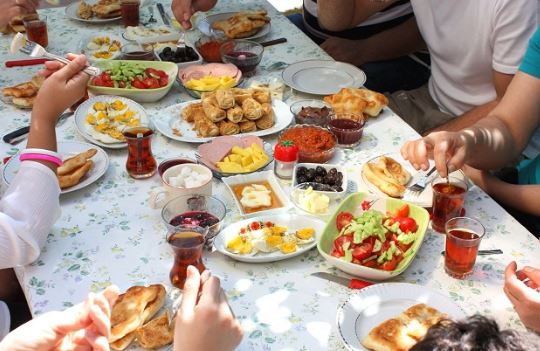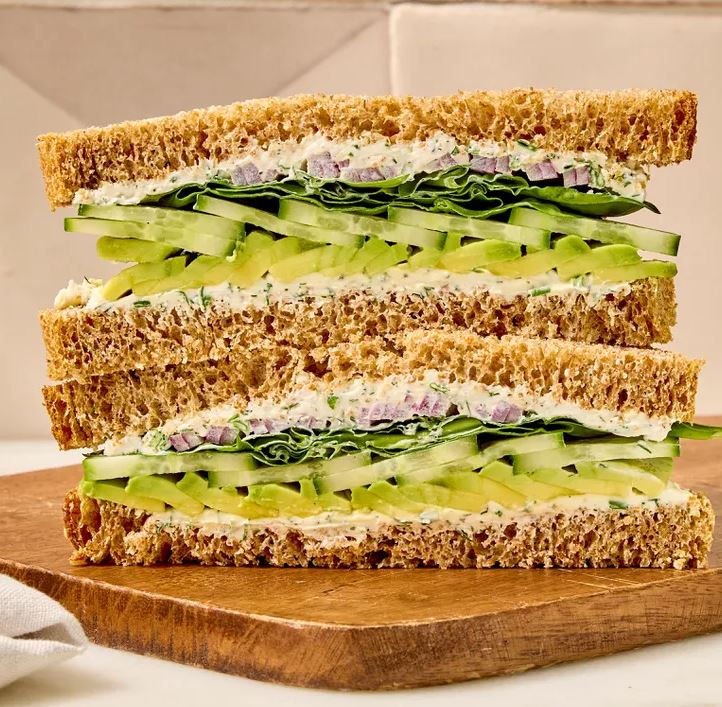Ramadan is here, and many travelers may have taken advantage of cheap fares from Travelstart to journey during this holy period. Whether you’re fasting in a different climate or staying home, knowing the right foods to eat during Ramadan is essential.
Many people search for Ramadan food tips to ensure they maintain a healthy and spiritually fulfilling fast. But what exactly should you eat—and avoid—during this time? Let’s dive in!
Ramadan Start Date in Nigeria
According to him, reports from Islamic leaders across the country confirmed the moon’s appearance, marking the official beginning of Ramadan fasting on Saturday 1st of March 2025.
Muslims across Nigeria are now set to begin the month-long period of fasting, prayers, and devotion.
Why Ramadan Food Tips Are Important
Fasting during Ramadan is not just about abstaining from food and drink; it is a sacred practice that requires mindfulness, discipline, and adherence to Islamic dietary laws. Consuming pure and clean food is part of the Ramadan tradition, ensuring that meals align with Islamic guidelines.
But what foods are permissible (Halal) and forbidden (Haram)?
Understanding Halal and Haram Foods in Islam
What Is Halal Food?
Halal means permissible, allowed, or acceptable under Islamic law. Any food that meets Islamic dietary standards is classified as Halal.
What Is Haram Food?
On the other hand, Haram means forbidden, not allowed, or unacceptable in Islam. Consuming Haram foods is prohibited and should be strictly avoided, especially during Ramadan.
Best Halal Food Tips for Ramadan
To maintain a healthy and spiritually fulfilling fast, follow these essential food tips:
✅ Check food labels carefully – Some processed foods may contain Haram ingredients. Always read ingredient lists to avoid forbidden substances.
✅ Look for Halal certification – Buy products with a Halal food label or certification to ensure compliance with Islamic dietary laws.
✅ Avoid unhealthy processed foods – Focus on nutritious, whole foods to sustain energy levels throughout the day.
✅ Respect dietary preferences – If you’re preparing food for a group, consider vegetarian-friendly Halal options for those who do not eat meat.
✅ Stay mindful of modern food influences – Many modern food trends may conflict with Islamic dietary traditions. Always verify before consuming new products.
Haram Ingredients to Avoid During Ramadan
If you’re observing Ramadan, avoid foods containing these Haram ingredients:
🚫 Alcohol
🚫 Animal shortening
🚫 Broth (unless certified Halal)
🚫 Gelatin (unless plant-based or Halal-certified)
🚫 Ham, bacon, or pork-derived products
🚫 Lard
🚫 L-cysteine
🚫 Lipase (unless from a Halal source)
🚫 Mono and diglycerides
🚫 Pepsin
🚫 Rennet (unless microbial or Halal-certified)
🚫 Sodium stearoyl-lactylate
🚫 Vanilla extract (contains alcohol)
🚫 Whey (unless Halal-certified)
Always double-check food packaging to ensure these ingredients are not present.
Are Haram Foods Toxic?
Haram foods may not be physically toxic, but they are considered spiritually harmful in Islam. If a food is forbidden, it should not be consumed—regardless of its health benefits.
By making mindful food choices during Ramadan, you can observe the fast in a way that is both spiritually and physically beneficial.
May your Ramadan be blessed with good health and peace!
























